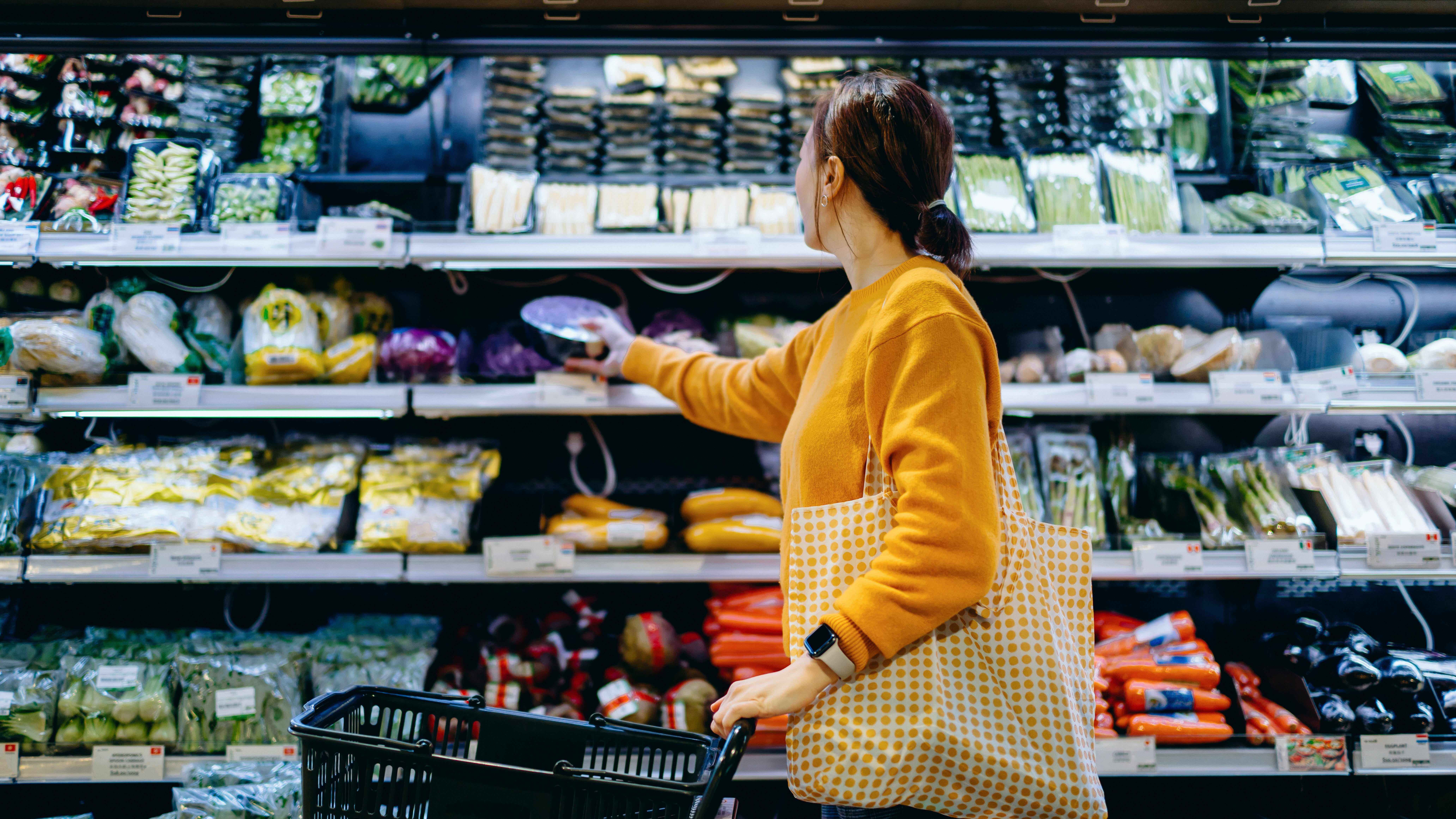Could government-owned grocery stores be coming to Boston?
Could government-owned supermarkets help Boston residents who are struggling with rising food prices?
Boston City Councilors Ruthzee Louijeune and Liz Breadon are calling for a hearing "to discuss the role of publicly-owned grocery stores in addressing food insecurity," The Boston Herald first reported.
The hearing order, which is on the agenda for consideration at Wednesday's city council meeting, says many Boston residents live in "food deserts" where supermarkets are scarce and "families must rely on corner stores or travel long distances for fresh groceries."
"Publicly-owned grocery stores can be structured to prioritize community benefit over profit, enabling lower prices, better food access, and stronger local sourcing, and may operate independently or in partnership with non-profits, cooperatives, or private operators," the order states.
The councilors are inviting Mayor Michelle Wu's Office of Food Justice, the Boston Public Health Commission and other community-based organizations to attend the proposed hearing.
Publicly owned grocery stores
The order says other cities and towns across the country have proposed or piloted publicly owned grocery stores "as a means to stabilize access to affordable, nutritious and culturally appropriate food, particularly in communities where private chains have withdrawn or declined to invest."
Government-owned grocery stores have been a campaign issue in the New York City mayoral race. Democratic socialist Assemblyman Zohran Mamdani, who is leading in the polls, has proposed using public funds to create a network of city-owned grocery stores that wouldn't have to pay rent or property taxes so they can prioritize keeping prices low.
Supermarket chain executive John Catsimatidis blasted Mamdani's proposal in a Wall Street Journal opinion piece as "radical socialism" that would "collapse our food supply, kill private industry, and drag us down a path toward the bread lines of the old Soviet Union." But Sen. Elizabeth Warren of Massachusetts defended the idea in an interview with WBZ political analyst Jon Keller.
"I think people are tired of hearing there's nothing we can do, or the billionaires wouldn't like it and don't want to have to pay more in taxes," she said. "I think part of the answer is, no, you get out there and you try these things."
In 2023, Chicago Mayor Brandon Johnson said he wanted to explore opening city-owned grocery stores in food deserts. Earlier this year, however, The Chicago Tribune reported that the city dropped those plans and was instead looking at opening a low-rent public market for farmers and local vendors to sell food products.
Just last month, a partly city-owned grocery store opened in a downtown Atlanta food desert. And the small community of St. Paul, Kansas opened its own grocery store in 2008 with public funds because residents previously had to drive 34 miles round-trip to the nearest supermarket, according to the Rural Grocery Initiative.
Massachusetts shoppers struggling
The city council order cites a September report by researchers at Boston Indicators that says at least 40,000 people in Greater Boston could lose some or all of their Supplemental Nutrition Assistance Program (SNAP) because of federal cuts.
Non-profit grocery store Daily Table, which offered a 50% discount to SNAP shoppers at its five locations in the Boston area, was forced to shut down earlier this year. The board of directors blamed "historically high levels of food price increase" and a "difficult funding environment" for ending its 10-year run.
South of the city in Attleboro, the Hebron Food Pantry told WBZ-TV last week it has an unprecedented 200-person waitlist and there are concerns about funding sources because of the government shutdown.
"I just can't believe the prices," shopper Maryanne Gagel said. "They have gone up so much, a lot of people can't afford it anymore."
